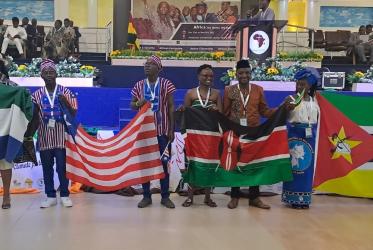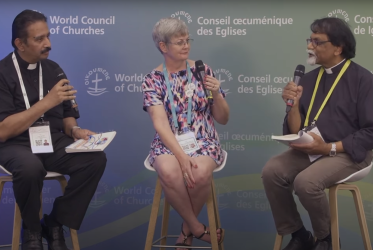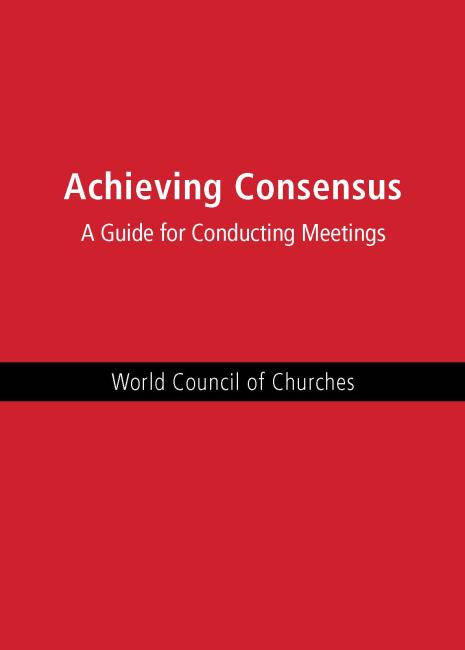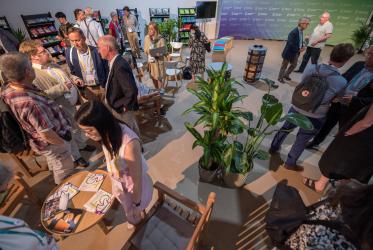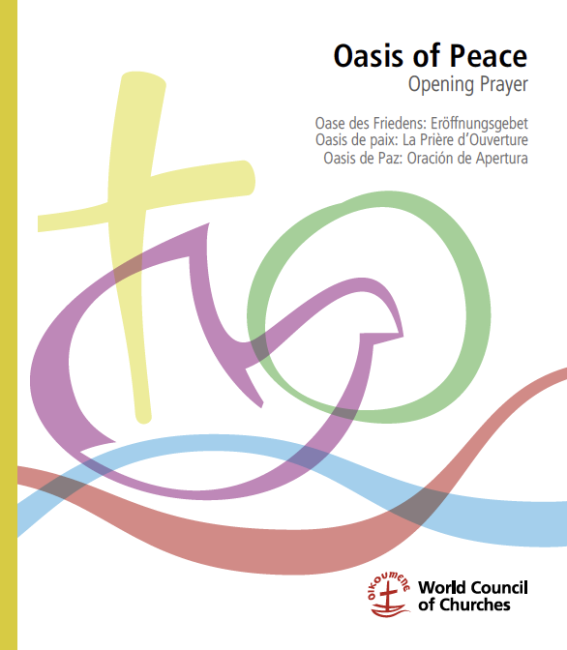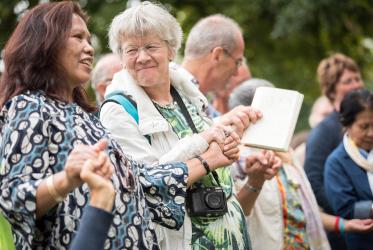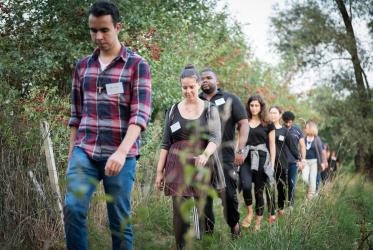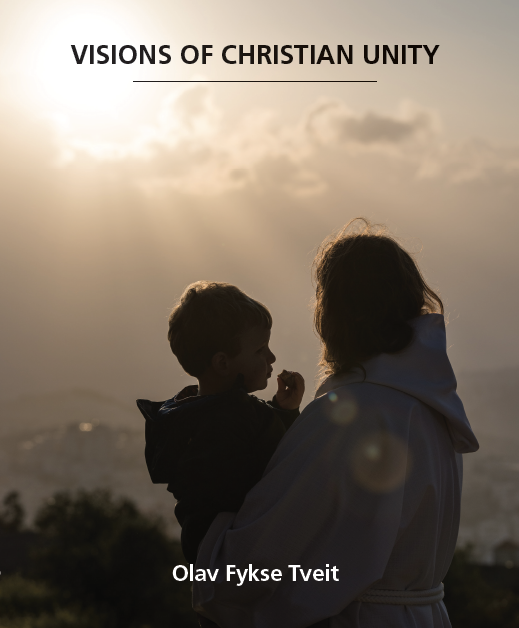Displaying 41 - 60 of 540
Explorations on Global Christianity and Ecclesiology, Faith and Order Paper 234
14 November 2022
Major African youth congress opens in Ghana
02 November 2022
Applications open for upcoming Young Adults Training for Religious Amity
15 September 2022
At assembly and beyond, WCC publications inspire and move
14 September 2022
Christ’s Love (Re)moves Borders – GETI 2022 in images
13 September 2022
Reflections from GETI underscore friendship coupled with knowledge
13 September 2022
Aspiring therapist opens his mind to different beliefs
13 September 2022
Oasis of Peace Opening Prayer
30 August 2022
Diversity of gifts celebrated by Ecumenical Youth Gathering
27 August 2022
Visions of Christian Unity
24 August 2022

